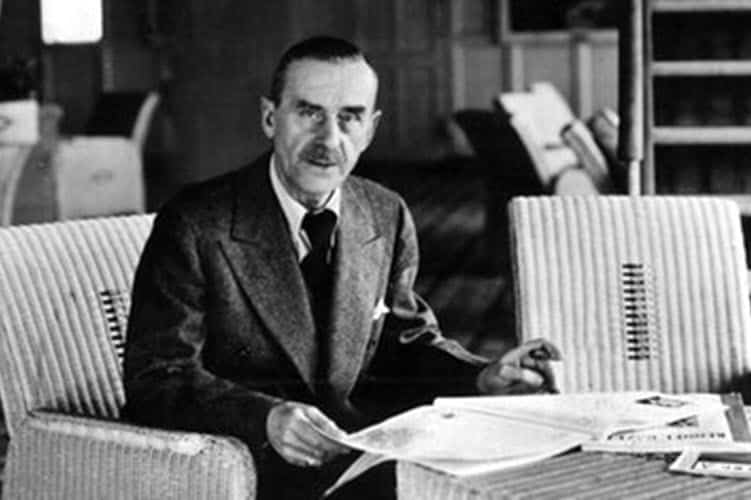Exploring the Literary Labyrinth: The Enduring Legacy of Paul Thomas Mann

Paul Thomas Mann (6 June 1875 – 12 August 1955) was a German novelist, short story writer, social critic, philanthropist, and essayist. In 1929, he was awarded the Nobel Prize in Literature.
Life and Career
He was born on 6 June 1875, in Lübeck, Germany. After completing his early studies in Lübeck, he pursued further education at the University of Munich. There, he studied history, economics, literature, and philosophy, exposing himself to a diverse range of subjects that would later influence his writings. Mann’s voracious appetite for knowledge and his ability to combine various disciplines would become prominent features of his literary style.
His career as a writer flourished in the early 20th century. His works captured the essence of the human condition, delving into profound themes and exploring complex characters. Mann’s writing style was characterized by its depth, introspection, and meticulous attention to detail.
Mann’s debut novel, Buddenbrooks, remains one of his most significant works, published in 1901. This semi-autobiographical masterpiece explores the decline of a wealthy merchant family over several generations. The novel garnered widespread acclaim and established Mann as a prominent figure in the literary world.
In 1924, Mann released another monumental work, “The Magic Mountain.” This novel, set in a tuberculosis sanatorium in the Swiss Alps, delves into philosophical and existential themes. His other notable work includes Death in Venice (1912), Joseph and His Brothers (1933-1943), Doctor Faustus (1947), and The Holy Sinner (1951). He died on 12 August 1955, in Zurich, Switzerland.
Award and Legacy
In 1929, he was awarded the Nobel Prize in Literature, honoring his exceptional literary achievements. His works continue to captivate readers worldwide, inspiring generations of writers and intellectuals. His legacy extends far beyond his lifetime. His contributions to literature continue to resonate with readers, scholars, and writers around the globe. Mann’s ability to capture the human experience with such depth and nuance has secured his place among the literary giants of the 20th century.
Many of Mann’s works have been adapted into films, plays, and operas, further cementing his influence on popular culture. These adaptations have introduced a wider audience to Mann’s narratives and themes, ensuring that his ideas and stories continue to captivate and resonate with people from various walks of life.
Observer Voice is the one stop site for National, International news, Sports, Editor’s Choice, Art/culture contents, Quotes and much more. We also cover historical contents. Historical contents includes World History, Indian History, and what happened today. The website also covers Entertainment across the India and World.

